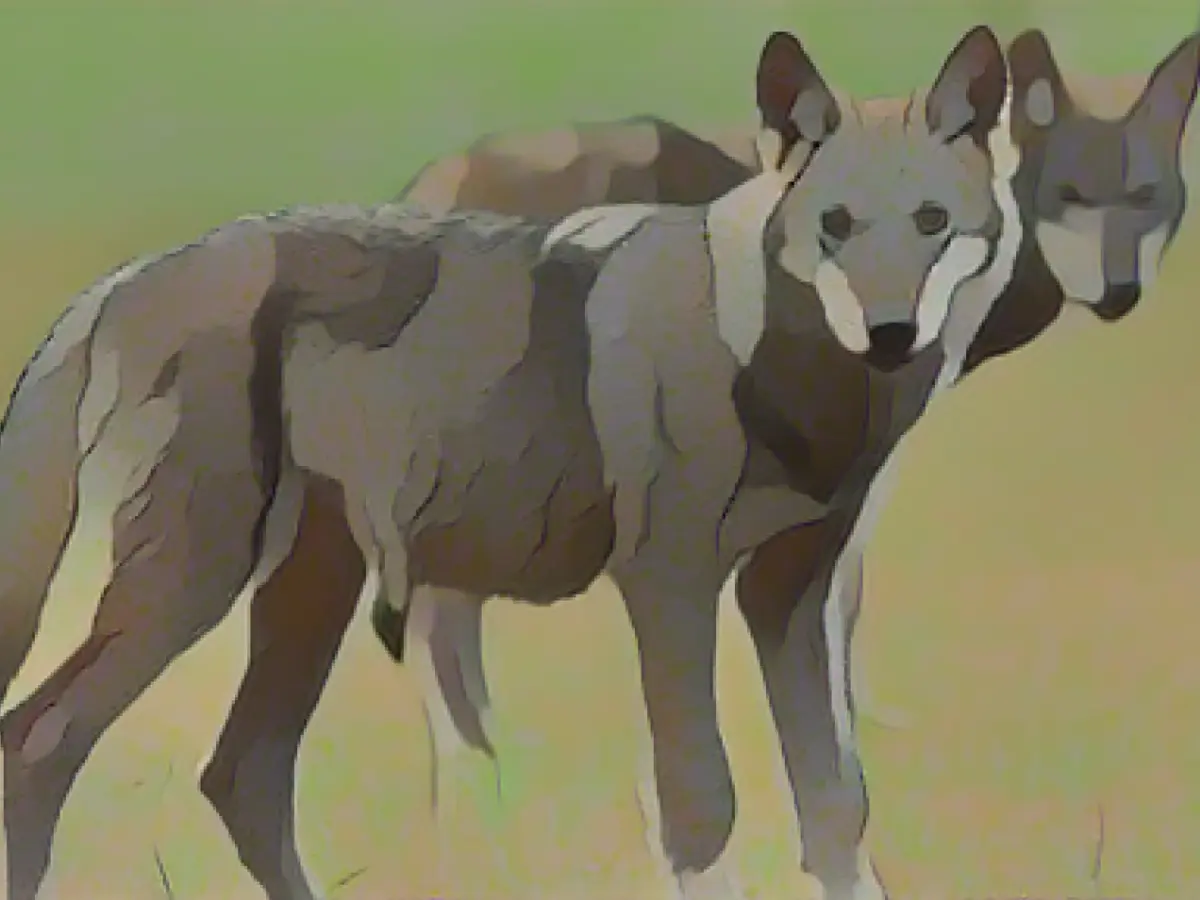Bavaria Demands Easier Wolf Hunting Regulations from Federal Government
In a push to address growing issues with wolf populations in agriculture, Bavaria's Minister of Economic Affairs responsible for hunting, Hubert Aiwanger (Free Voters), is urging the federal government to revise wolf conservation regulations. Aiwanger argues that the federal government should move to classify wolves in a favorable conservation status based on European scientific findings, much like Sweden – a country with a lower wolf population and more expansive land area still permits hunting.
Bavaria's call for action comes as the federal government reportedly obstructs pragmatic solutions in the agricultural sector. The Free State also plans to advocate for lower protection status for wolves at the EU level through its Bundesrat motion. This initiative seeks to influence future animal protection policies at the European level.
To enable regional population management, Aiwanger emphasizes the need for the federal government to transpose EU nature conservation law into national legislation. He stressed that, thus far, no wolf has been killed in Bavaria due to regulations, as legal barriers have consistently prevented it. The Bundesrat motion is scheduled for submission this week, aiming to prompt the federal government to act effectively in addressing the predicament.
Enrichment Insights:
- EU Habitat Directive Classification: Wolves are classified as priority species under EU law (Directive 92/43/EEC). The Habitat Directive stipulates that wolves cannot be killed unless in exceptional circumstances. Derogations are possible but rare when the species is not held in favorable conservation status nationally.
- German and EU Conservation Framework: German wildlife conservation is regulated by national laws that must comply with EU directives. The federal government is responsible for ensuring that its national laws do not lead to the illegal killing of wolves, violating EU regulations.
- Bavarian Issues and Swedish Example: Bavaria's wolf population is part of the larger European wolf population, which is endangered. Countries like Sweden that permit wolf hunting, even when their wolf population and land area are less favorable, can serve as examples for Bavaria and the EU.






